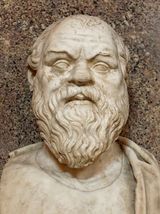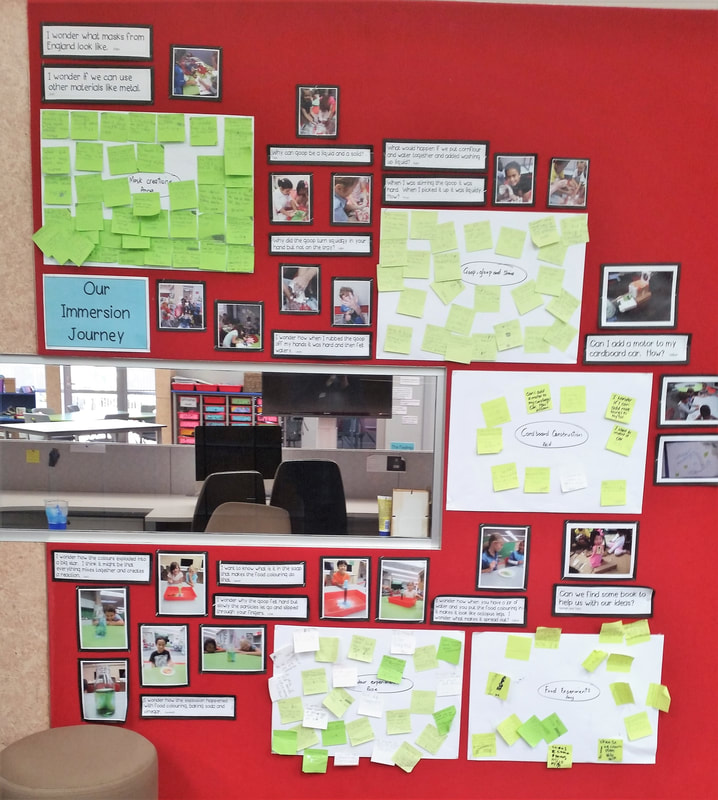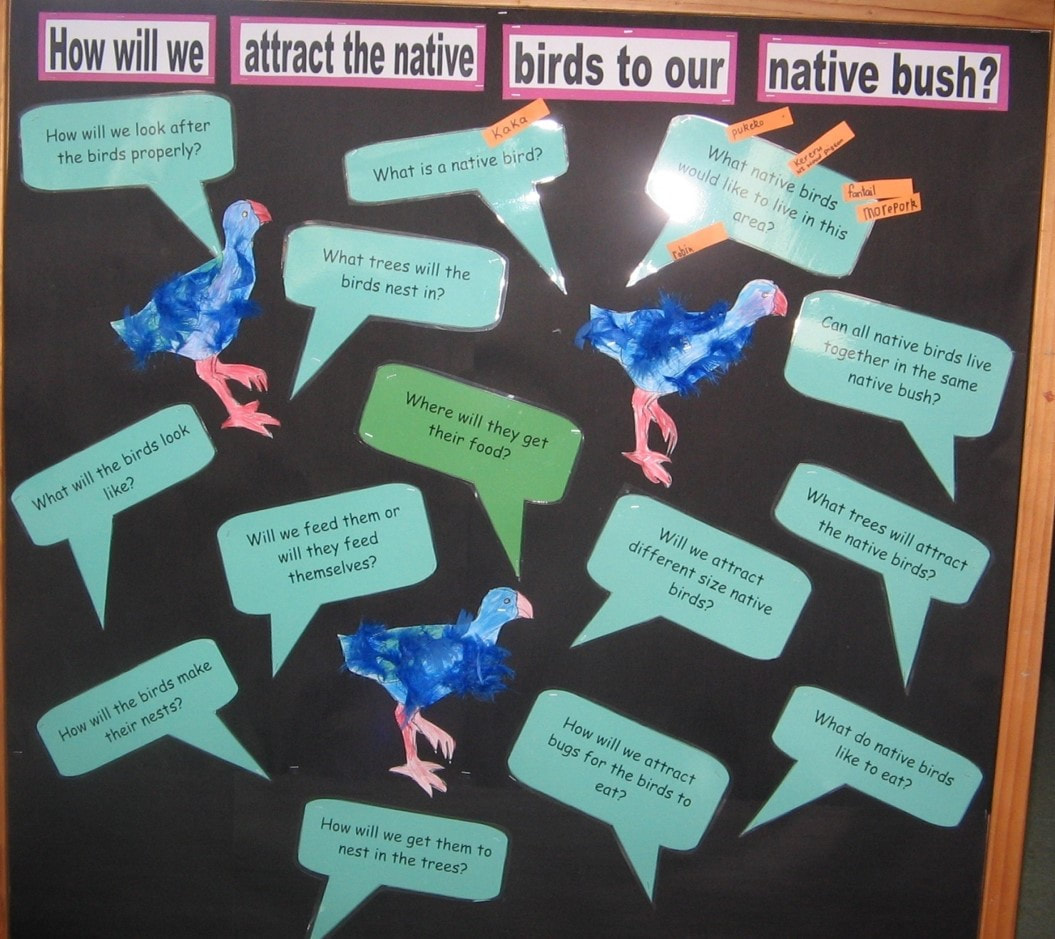Questioning
|
“Inquiry is a systematic investigation or study into a worthy question, issue, problem or idea.”
Galileo Network |
|
Good questions are at the heart of good inquiry. They should be higher-order, essential clever, worthy and/or fertile. They are often open-ended (have no right or wrong answer) but are backed by subsidiary questions which are usually closed. Get the initial question right and the rest of the inquiry flows well. The purpose of the question must be really clear both to the student and the teacher.
Young children and those new to inquiry will need help in framing the initial question or problem. The ultimate aim is for them to be able to frame their own questions for inquiry but initially they will need teacher guidance to do this. Yoram Harpaz and Adam Lefstein in their 'Communities of Thinking' article advocate the use of fertile questions. These have the following characteristics:
Not all questions for inquiry need to meet all these criteria. On the Galileo Education Network's website they talk about essential questions such as "What is light?" that are "poised at the boundary of the known and the unknown." They also use the term "worthy question" to describe the questions that form the basis of inquiry. Jamie McKenzie in his article The (merely) Demanding Question discusses the difference between essential questions and demanding questions. He discusses how both share two traits - they require original thought and produce new understanding. Essential questions however, he believes, go a step further and meet the tests of significance, the "So what?" test. He discusses questioning further in this article. Pat Clifford and Sharon Friesen also discuss essential questions in their article Creating Essential Questions. In the Youthlearn article on inquiry learning they list what they consider to be the characteristics of good questions:
Cognitive Dissonance
Cognitive dissonance occurs when we encounter a second, seemingly opposing view to a belief that we hold true but also believe the second view has merit. It can lead to either reinforcing or refuting a previously-held belief. It can result in someone changing their mind. As teachers on of our roles is to ask challenging questions (and encourage our students to ask them) that make them re-examine their existing beliefs. This can occur at any stage of the inquiry. It is often used as a type of provocation to trigger an inquiry. Socratic questioning can be useful to provoke cognitive dissonance. 
Socratic Questioning
These 6 types of questions are designed to challenge the accuracy and completeness of answers.:
Umich.edu |
"Inquiry should be motivated by questions whose purpose, meaning or relation to the real world are apparent to the child." Karen Sheingold "An essential question that arises from imaginative engagement is an important way to bring teacher, student and subject matter together in ways that enrich all three."
www.galileo.org/tips “By doubting we come to the question, and by questioning we may come upon the truth.”
Pierre Abélard |
2021





